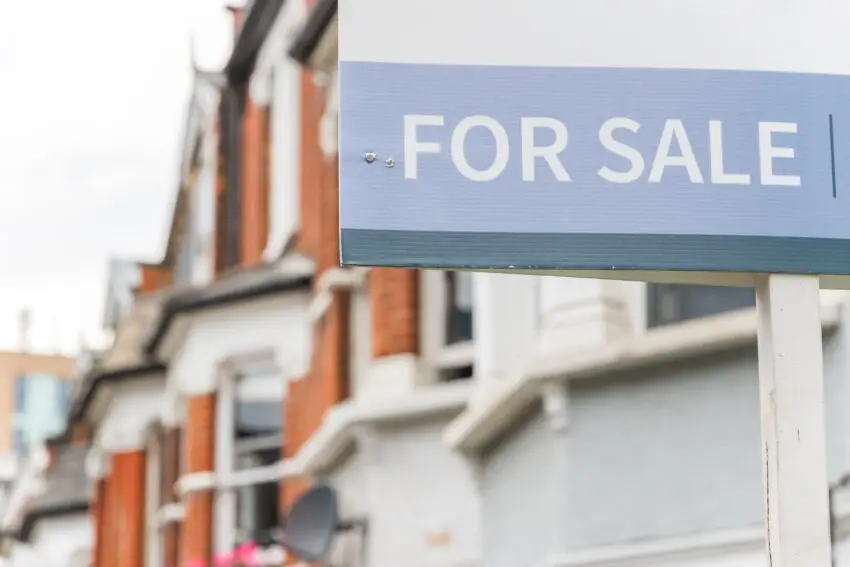Chancellor Rachel Reeves has proposed significant changes to the capital gains tax structure, which could have profound implications for property owners across the United Kingdom.
Under the new proposal, capital gains tax rates would be aligned with income tax rates. This adjustment would substantially increase the tax liabilities of many property owners. Currently, the average capital gains tax bill for a property sold after 20 years of ownership stands at £54,000. However, if these changes are implemented, this figure could rise by 67%, reaching up to £90,000 for properties purchased before 2005, according to data from Hamptons estate agents.
Rachel Reeves has emphasised the necessity for ‘difficult decisions’ concerning spending, welfare, and taxation to address the £22 billion deficit in public finances. In line with these cost-saving initiatives, the Chancellor has already implemented cuts to winter fuel payments for 10 million pensioners and reversed Conservative social care reforms, resulting in £5.5 billion in savings. Additional cuts and tax amendments are anticipated to be unveiled in her first Budget on 30 October.
Many landlords are already feeling the financial pressure of inflation, which has significantly eroded the real value of house price gains. David Fell, lead analyst at Hamptons, noted that with inflation rising by 80% over the last two decades, some property sellers might find themselves paying taxes on what is effectively a real-term loss. For example, landlords who bought properties at the market peak in 2007 have experienced an average value increase of £109,307, or 57%, while the Consumer Prices Index has increased by 67% over the same period. Fell stated, ‘While on the face of it aligning capital gains tax rates with income tax rates sounds fair, the biggest issue is probably inflation – given that gains from 10 to 20 years ago are being taxed at a single point in cash terms.’
The proposed tax changes could drastically alter the financial reality for landlords, many of whom are PAYE taxpayers. Selling a property within a single tax year could lead to a capital gains tax bill that far exceeds what would have been paid in income tax and National Insurance contributions if the equivalent amount had been earned as salary over time. For instance, a property sale yielding a £100,000 gain could incur a £23,280 capital gains tax bill, compared to £20,957 in income tax if the same sum were earned over two years.
The possible increase in tax liabilities might dissuade numerous landlords from selling properties, potentially diminishing the supply of rental housing and discouraging new investors. Fell warned that this could further widen the discrepancy between personal and corporate tax rates, adding complexity to investment decisions.
In anticipation of these changes, the Royal Institution of Chartered Surveyors has reported an increase in landlords offloading properties. The supply of new rental homes has also fallen sharply in certain regions, with East Anglia experiencing a 59% decrease in new landlord instructions to estate agents in the three months to July, and the East Midlands seeing a 37% reduction.
As the announcement of the Budget approaches, landlords are closely monitoring the potential implications of aligning capital gains tax with income tax. This policy shift is poised to affect not only current property owners but also the broader dynamics of the UK’s rental market and property investment landscape.
The proposed alignment of capital gains tax with income tax represents a significant change for landlords and the property market. With potential increases in tax liabilities, the financial landscape for property owners could shift dramatically, affecting decisions related to property sales and investments.

